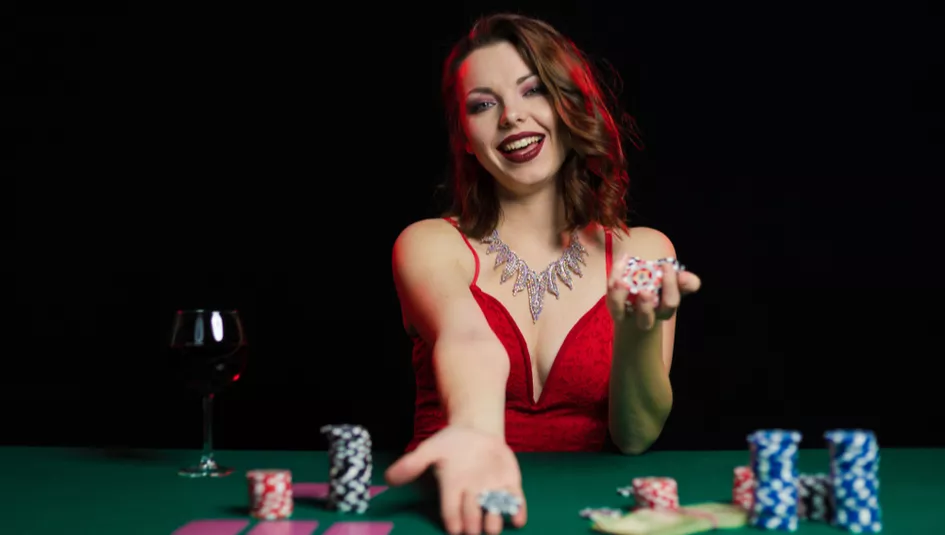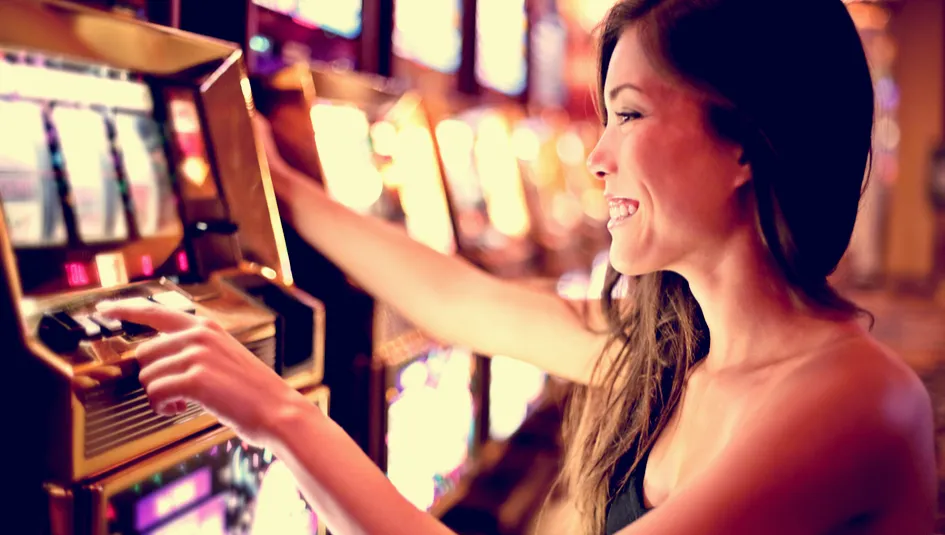The Role of Superstitions in Gambling
Gamblers often turn to superstitions for a simple reason, comfort in uncertainty. When you’re playing a game that hinges on the unpredictable, having a ritual or a lucky charm gives you a sense of control. These superstitions come in all shapes and sizes, and while they might not actually influence the outcome, they offer a psychological edge that many players find invaluable.
The appeal of these beliefs isn’t just about winning or losing; it’s also about the community and tradition. In the collective consciousness of gamblers, certain superstitions have become as common as the games themselves. They’re a way to connect with fellow players and become part of the casino’s cultural fabric.
Superstitions in gambling also add an element of personal ritual to the experience. For some, it’s not a real game until they’ve tapped the table or whispered a wish. Despite the odds being unaffected, these small acts can provide a reassuring routine in an environment where anything can happen.
Superstitions from the West
Western gamblers have a treasure trove of superstitions, and while some might laugh at the thought of a rabbit’s foot bringing good fortune, you’ll still find these tokens tucked away in pockets around casino floors. In the West, superstitions are a hodgepodge of historic folklore and personal quirks.
Take the lucky rabbit’s foot; it’s a relic that traces back to Celtic traditions, believed to carry the essence of good luck. While the odds of a game remain mathematically constant, the presence of such a charm can offer a comforting nudge to a player’s confidence. Similarly, the practice of crossing fingers, a gesture rooted in Christian symbolism for the hope of divine intervention, has found its way to the gambling tables as a silent plea for a winning edge.
Blowing on dice is another ritual steeped in superstition. This act, meant to "cool" them or transfer one’s own luck onto them, is a staple in games of craps across Vegas and Atlantic City. The sight of someone puffing on dice before a crucial roll can be as common as the clinking of cocktail glasses in these establishments.
Then there’s the notorious fear of the number 13, a superstition so widespread that many hotels and buildings skip the thirteenth floor altogether. In the gambling world, this phobia translates to a reluctance to bet on anything associated with 13, whether it’s a roulette wheel or a blackjack table.
These customs extend to actions considered unlucky as well. Spilling salt, for example, unless followed by a pinch thrown over the shoulder, is thought to invite bad luck. And it’s not just about what gamblers bring to the table or do; it’s also what they avoid. Many will steer clear of entering the casino through the main entrance, believing that the luck will run out the same way it came in.
These Western superstitions, whether they hold any real sway over the outcomes or not, add a layer of intrigue to the gambling experience. They might not change the odds, but they do change the atmosphere, infusing it with a sense of mystery and tradition that keeps the culture of gambling vibrant and uniquely human.
Eastern Gambling Mystique
In Eastern gambling culture, superstitions carry a unique blend of historical significance and mystical belief. These customs are woven deeply into the fabric of gambling activities, from card games to the dizzying whirl of the roulette wheel.
Numbers play a crucial role in Eastern gambling superstitions. For instance, the number 8 is considered extremely lucky in Chinese culture, largely because it sounds like the word for "prosper" or "wealth." You’ll often find gamblers betting heavily on anything that has to do with the number 8, hoping to tap into its auspicious vibes. Conversely, the number 4 is avoided due to its phonetic resemblance to the word for "death."
Color also has a vital part to play. Red, seen as a color of good fortune and joy, is omnipresent in casinos across the East. Gamblers may wear red clothing, or even underwear, as a way to bring good luck. This belief is so strong that red is not just a personal choice but a design choice in many Eastern gambling venues.
Certain actions and gestures are also imbued with superstition. In some Asian card games, there is a particular aversion to touching shoulders, as it’s believed to "steal" a player’s luck. Moreover, many players follow a strict ritual before placing bets, such as stacking chips in a specific way or not counting money at the table, as it’s believed to ward off any negative energy that might affect the game’s outcome.
Even the architecture of some casinos reflects these beliefs, with feng shui principles dictating the layout to ensure a flow of positive energy. The entrance is especially significant; some gamblers will seek alternative entryways to those they consider unlucky.
The stories behind these superstitions are often as engaging as the games themselves. Many of these beliefs have their origins in ancient traditions, myths, and folk stories that have been passed down through generations. The tales are rich with characters and scenarios that represent luck, fortune, and the caprices of fate, all of which resonate deeply with those looking to tip the scales of chance in their favor.
This array of superstitions provides more than just a hopeful strategy for winning; it offers a connection to the past and a way to engage with the cultural heartbeat of Eastern gambling. The practice of these customs is a dance with destiny, where each step is as much about honoring tradition as it is about seeking the favor of the gambling gods.
Modern Myths and Digital Superstitions
With the rise of online gambling, you’d think superstitions would wane in the face of technology, yet they’ve adapted and thrived. Digital platforms have not erased these myths; instead, they’ve created new ones, while some of the old ones have transitioned seamlessly into the virtual realm.
Screen names, avatars, and even the specific times of logging in have become part of the modern gambler’s ritual. A player might wait for a particular time of day or insist on playing only at certain virtual tables, hoping their digital environment is in sync with the cosmos’ fortunate currents. Others will wear their lucky shirt even when playing from the comfort of their home, or keep a lucky charm next to their keyboard.
As live-streaming games gain popularity, the superstitions surrounding physical casinos bleed into the virtual world. The rituals of blowing on dice or not crossing one’s legs have found their way into chat boxes and emoji reactions. Some players even believe that certain digital dealers bring luck, following them from game to game.
These modern myths underscore that while the platforms may change, the human element remains. Gamblers continue to seek patterns, rely on rituals, and hope for luck’s favor, proving that superstition is not just a product of the past but a constant companion in the ever-evolving narrative of gambling.
The Psychology Behind Superstition
Understanding why gamblers cling to superstitions requires a peek into the human psyche. The casino’s cacophony can be a storm of uncertainty, and superstitions act as an anchor. It’s about control—or at least the illusion of it. When players feel they have a strategy, even one rooted in myth, it provides comfort.
Psychologists suggest that in the randomness of gambling, rituals and superstitions create a sense of predictability. This can reduce anxiety and increase confidence, even if the rituals themselves have no direct impact on the outcome. It’s a case of the mind favoring a familiar routine over chaos.
Another aspect is the correlation-causation fallacy. If a gambler wins while wearing a particular shirt, the brain might link the win to the shirt, ignoring the fact that it was simply a matter of chance. This is reinforced every time a positive outcome follows the ritual, embedding the superstition deeper into the player’s habits.
Finally, there’s the social factor. Gambling is often a communal activity, and shared beliefs can foster a sense of camaraderie among players. Engaging in common superstitions builds a collective identity, making individual players feel part of a larger narrative.
Test Your Superstitions at Plaza Royal
If you have your own gambling superstitions then there is no better place to test them than at Plaza Royal. Head over to the casino today with your lucky charms to see if they bring your good fortune while enjoying our vast collection of games.

 Examining the Most Popular Slot Themes
Examining the Most Popular Slot Themes.webp?v=1711879676) Can You Use Chaos Theory to Beat The House?
Can You Use Chaos Theory to Beat The House?